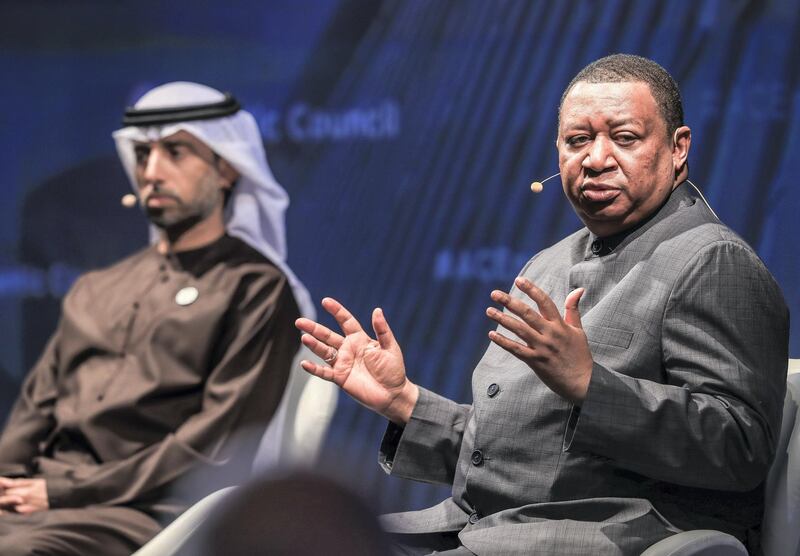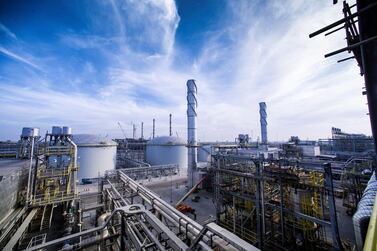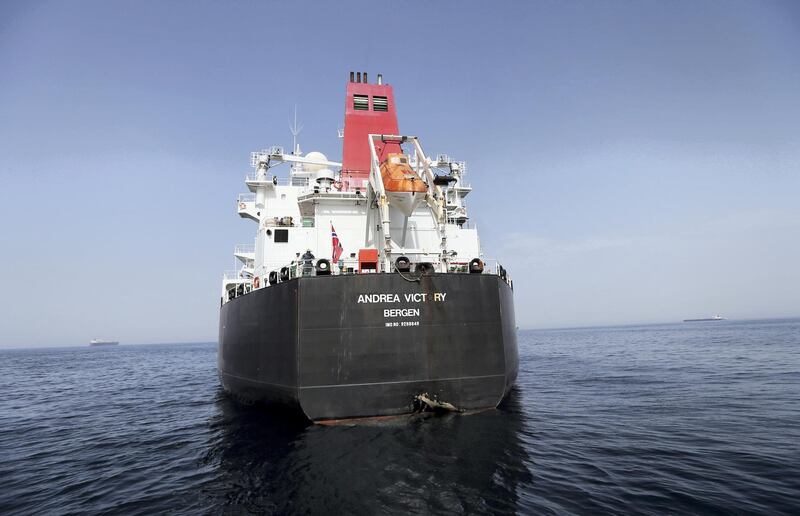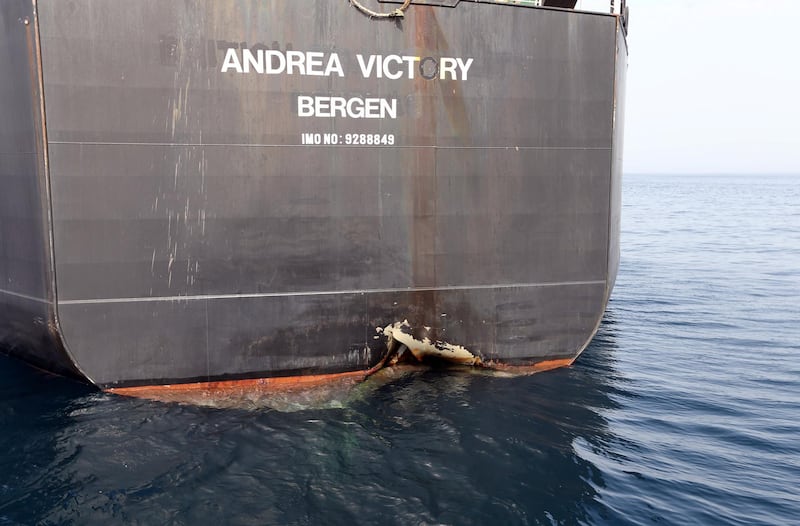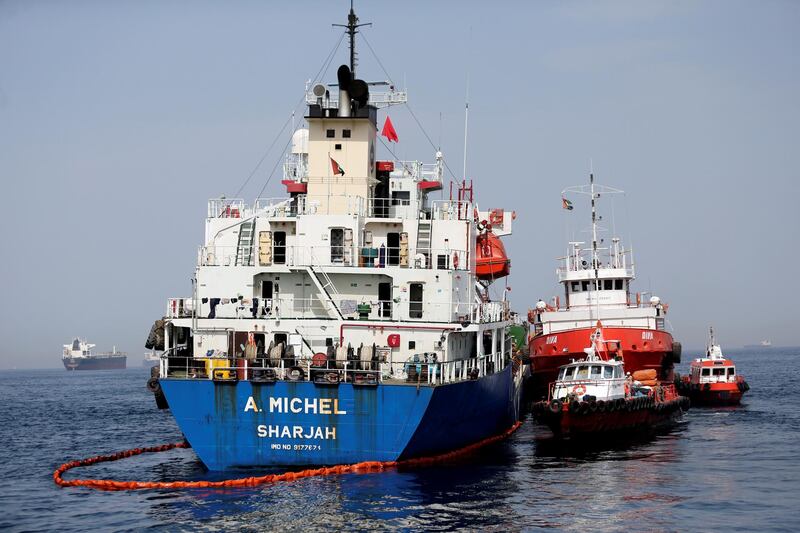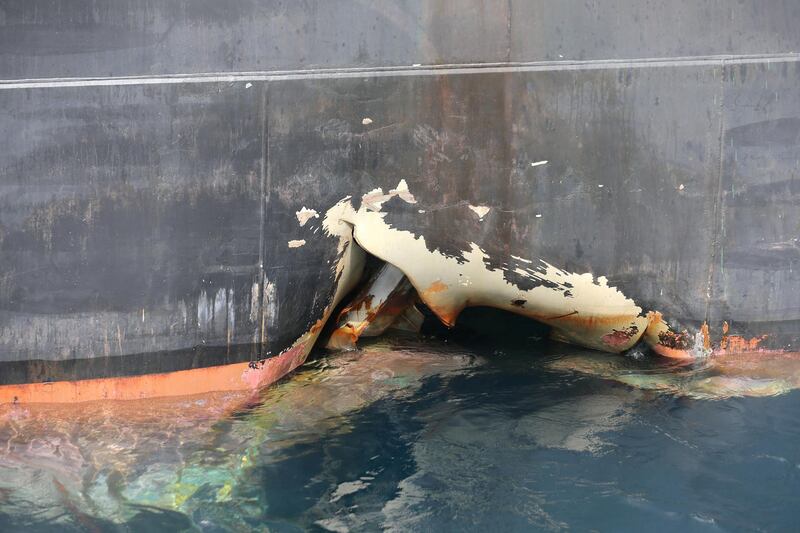Opec secretary general Mohammad Barkindo said it was “too early” to talk about supply restrictions as he called for peace and stability in the Middle East after attacks on oil facilities in the UAE and Saudi Arabia.
“We need peace and stability," Mr Barkindo said in Abu Dhabi. "This region has seen enough turmoil.
"It’s not about capacity, it’s about peace. This is a strategic region. Whatever happens impacts the rest of the world."
On Tuesday, Saudi Arabia, the world's largest energy exporter, said two of its pumping stations linking a pipe that connects the eastern oil-rich region with the western industrial city of Yanbu came under attack.
The kingdom’s Energy Minister, Khalid Al Falih, denounced the attacks carried out by drones in the early hours of Tuesday morning as "acts of terrorism" against global oil supply.
He said there were no disruptions to state oil producer Saudi Aramco’s supplies. The pipeline, which carries 5 million barrels a day of crude, was temporarily shut down.
After the sabotage, Brent topped a Monday rally ending three-weeks of bearishness to reach $71.13 a barrel.
The benchmark rose quickly on Monday in response to sabotage attacks off the coast of Fujairah on four tankers, including two belonging to Aramco.
Mr Al Falih said the Saudi tankers, one of which had been heading to the Saudi port city of Ras Tanura to load crude, suffered "significant damage".
Mr Barkindo said that during the coming meeting of Opec and outside oil producers in Jeddah, the alliance would factor in geopolitical risks when considering cuts or boosts to supply.
In its latest report, Opec projected crude demand for the third quarter to be higher by 1.17 million bpd.
Analysts have said the latest attacks on Middle East crude supply lines are likely to rattle a very sensitive market.
Tension in the region has been increasing after the US cancelled waivers to Tehran's main oil buyers at the end of April, and the imposition of sanctions against Iran's metals sector.
The US has also made military manoeuvres in the region by sending an aircraft carrier, B-52 bombers and missiles as it tries to further squeeze Iran.
Tehran, which is now likely to see nearly a million barrels of its crude taken off the market, has threatened to close the Strait of Hormuz, a significant choke point for global crude, and stop complying with parts of the 2015 nuclear deal.
